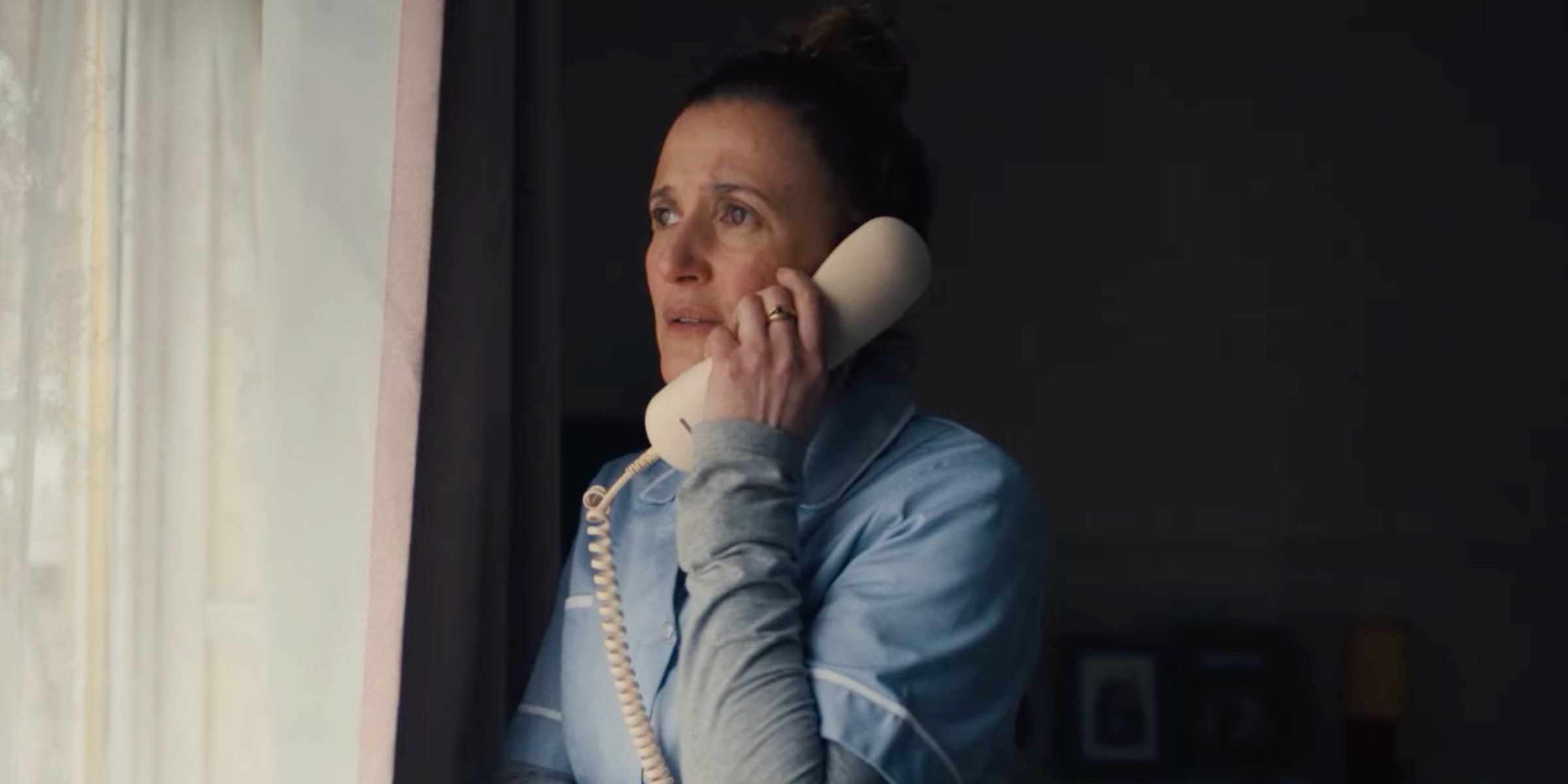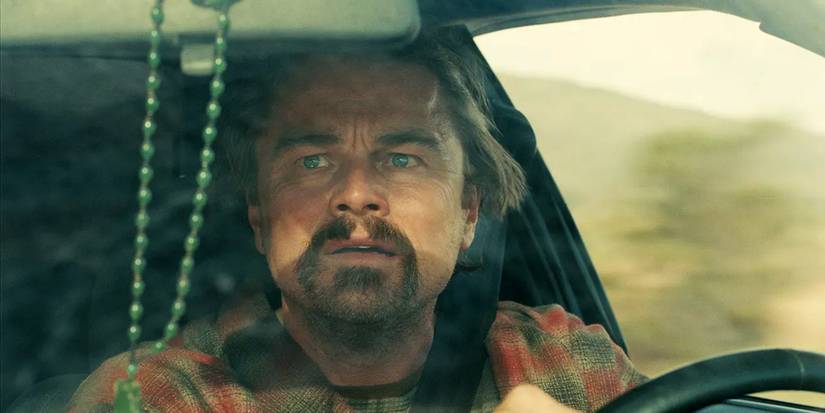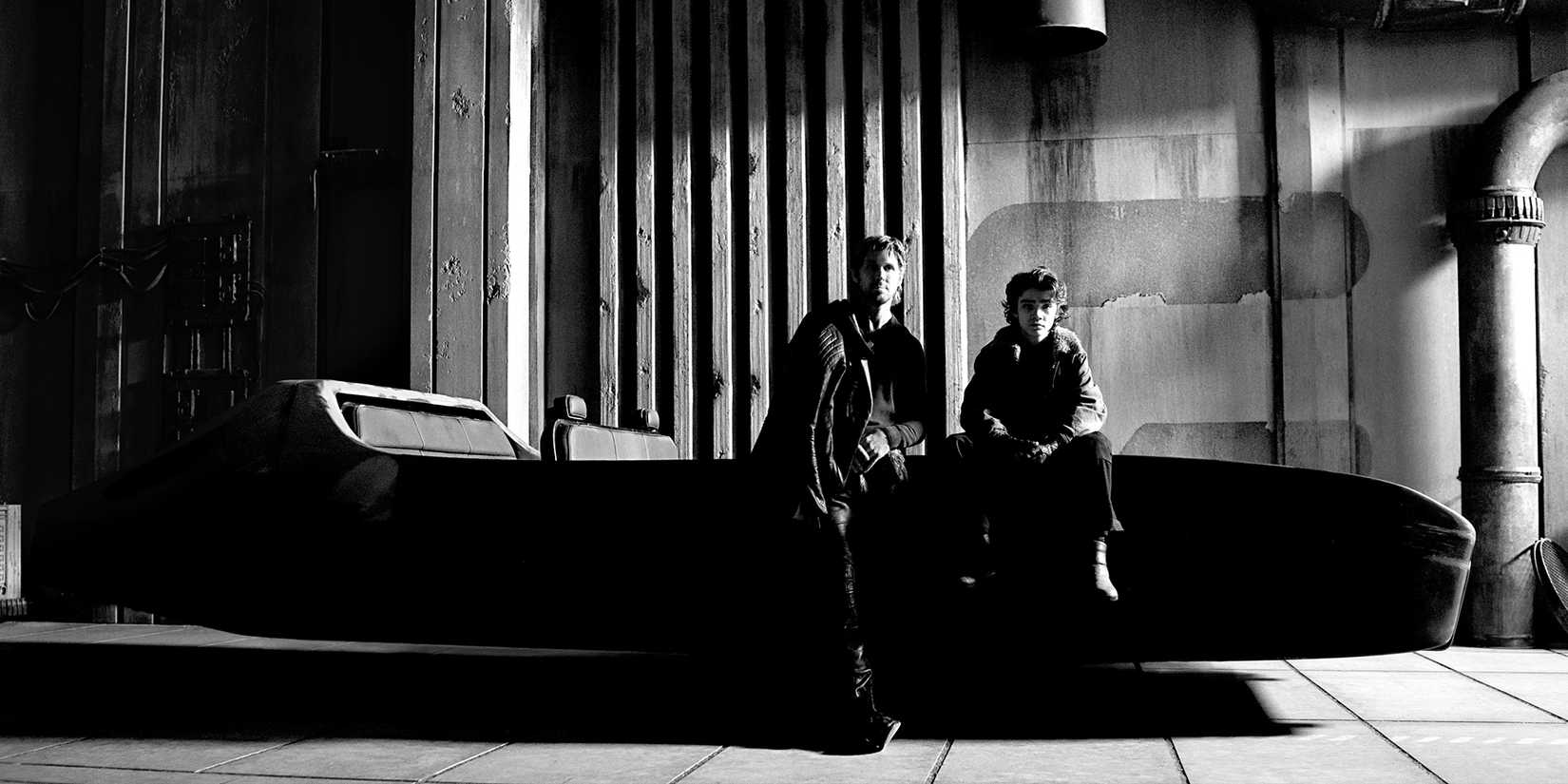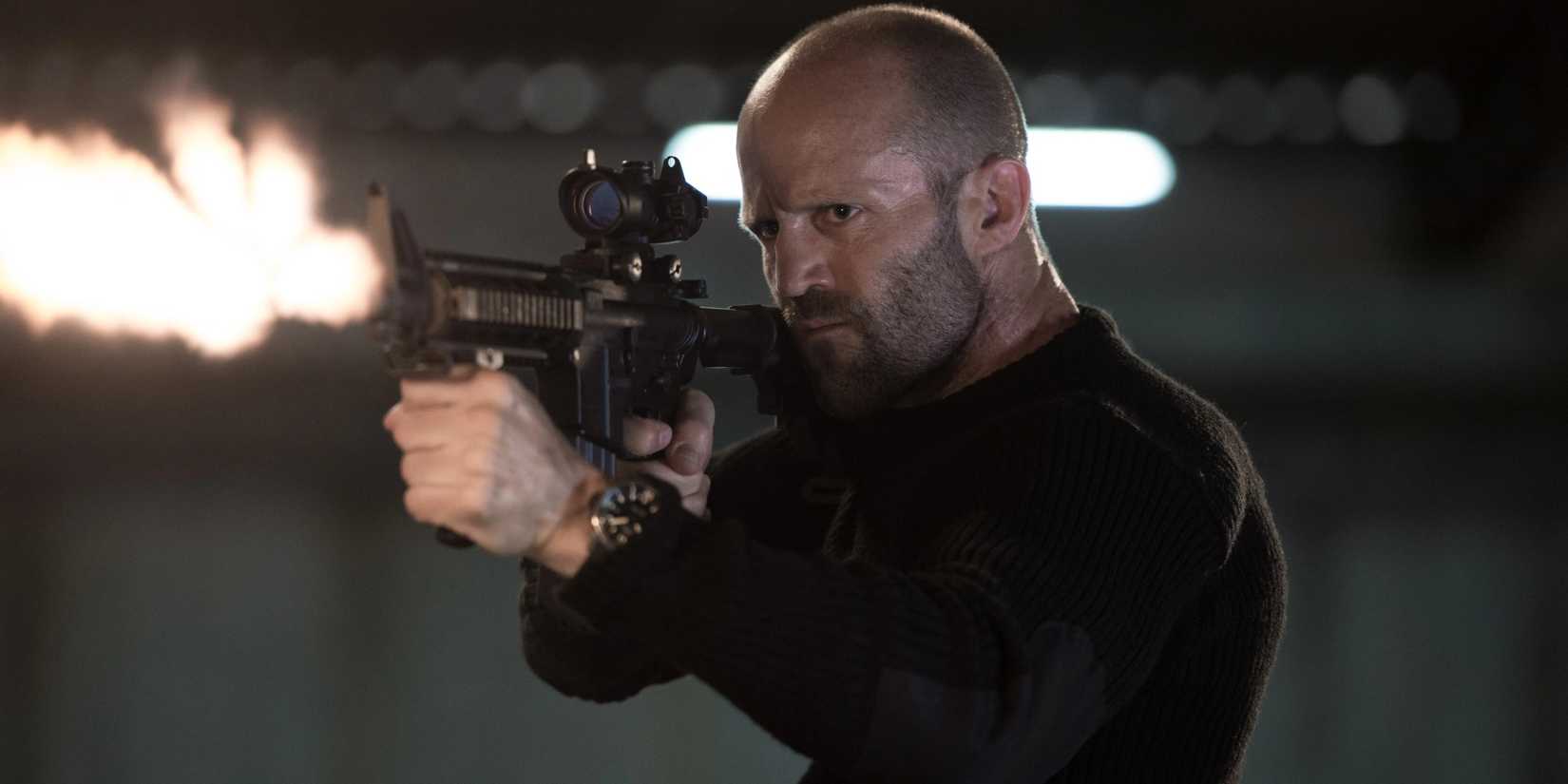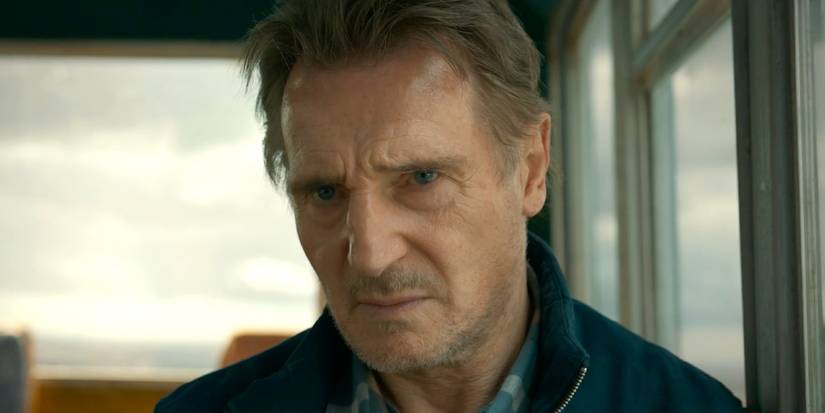Everyone has had bad neighbors, but Restless protagonist Nicky finds them particularly torturous. Played by Lyndsey Marshal (Inside Man), Nicky’s life becomes upended when new neighbors move in right next door, into a townhouse with an adjoining wall, and will not stop blasting their music at full volume. The movie is the directorial feature debut from Jed Hart, who also wrote its script. Its cast is composed of relative unknowns, including Marshal, Aston McAuley, Kate Robbins, Barry Ward, and Denzel Baidoo.
Restless tries to say do a lot with a little, and it is mostly successful in that quest. The plot is closely centered around Nicky and her troubled internal state as her loud neighbors cause sleep deprivation and increasing levels of perturbation. Nicky’s arc is complex, while the surrounding narrative is pretty simple: loud neighbors are the worst, and her neighbors are still loud, night after night. Given this stripped-down plot and short timeframe — the movie unfolds a little over a week — Restless is able to achieve a lot.
Fittingly, The Sound Editing Makes Restless What It Is
And It Is Unrelenting
Technical elements such as sound editing are often underappreciated in film, but in this case, it is what makes this psychological thriller what it is. In some cases, the highest-quality sound editing is that which goes unnoticed by the audience, allowing a more immersive experience into the world of the film. Restless is not so. Instead, Hart’s film takes a maximalist approach to sound, inundating the audience with noise from start to finish.
Even from the first frames, this film is sonically declarative. Opening with a mysterious evening scene, the first frames are backed by overbearing classical music, which will sprinkle itself throughout the rest of the soundtrack. This stylistic element also brings out the film’s dark comedy, giving a grandeur to the otherwise dimly lit and intense opening.
As the film progresses, Marshal brilliantly sells the movie’s dark comedy, which sneaks up on us just as her sleepless delirium slowly infects her psyche.
While Restless uses sound for comedy in other moments, it is most often a tool to express Nicky’s personal torture. Despite the noisiness of her neighbors being her greatest issue, this protagonist has a tough time coping with silence. She listens to sleep meditation audio to drift off every night and puts on classical music while she bakes. These sonic elements are blended and contrasted well to really capture Nicky’s internal state, creating a constant sense of perturbation that helps the film.
The Movie Hinges On Lyndsey Marshal & She Nails It
She Gives One Of My Favorite Performances Of The Year So Far
A movie like Restless lives and dies by its main actor. I remembered this well when I watched this year’s psychological thriller Control Freak, a film with an underwhelming lead performance. Having typically played supporting roles, Marshal was an unknown to me, as I imagine she will be to most audiences.
Lyndsey Marshal’s past roles include a supporting role in The Hours and in the TV series Rome.
Despite the challenge of the role, Marshal is spot-on in her portrayal of the tortured lead character. We believe she is utterly sleep-deprived, conveying both the physical and mental sensations of that state of being. As the film progresses, Marshal brilliantly sells Restless’ dark comedy, which sneaks up on us just as her sleepless delirium slowly infects her psyche. By the end, Nicky will do and say things the mild-mannered character might have initially thought unthinkable, and this evolution is great to watch on Marshal.
Restless Struggles To Fill Time In Its First Two Acts
But I Can’t Wait To See More From Jed Hart
Despite how compelling Marshal is as the protagonist, I couldn’t help but feel that the movie had “could have been a short film” energy for its first two acts. From an editing standpoint, the film is at its тιԍнтest in the first 20 minutes, when Marshal’s consecutive nights of sonic torture from her neighbors create a rhythmic feel, shown in succession. Then, the movie drifts off a bit, attempting to show more about Nicky’s personal life, but it never really digs deep enough to give these digressions merit.
Though I found the final sH๏τ itself a bit cheesy, Restless does have a good payoff in the final act, building up some of the momentum it lost in the loose first two acts. While I was left feeling like this may have been a better 40-minute short than an 89-minute movie, the film showed a lot of promise. As a first-time director, Hart has certainly shown his apтιтude for evoking a strong lead performance and working in tandem with his technical team to create rhythm and tone, making me excited about what he will do next.
